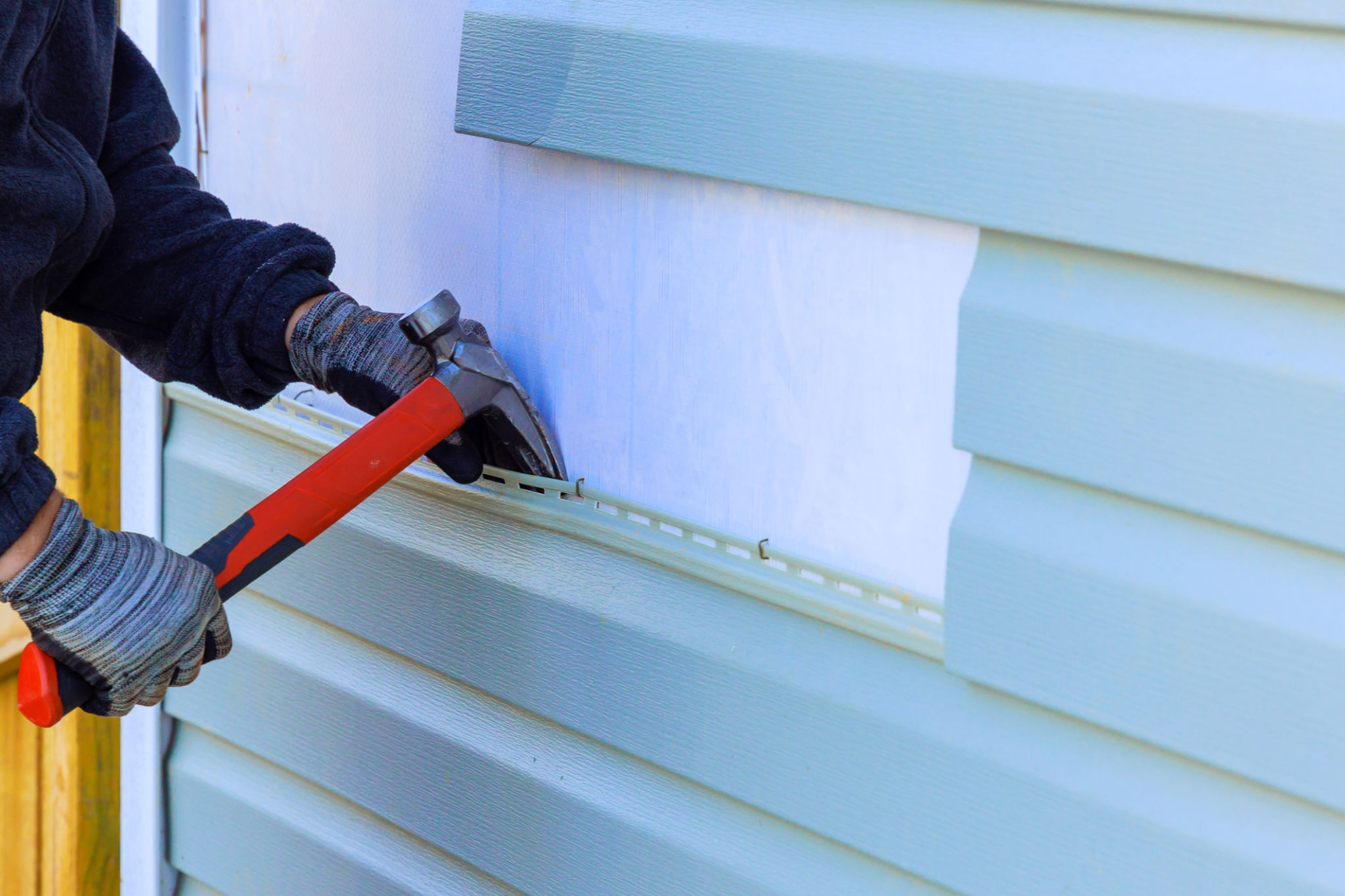Protecting Your Devon Home from Coastal Weather Damage
Understanding the Coastal Climate
Living in Devon offers the charm of beautiful coastal scenery and a tranquil lifestyle. However, it also brings unique challenges, especially when it comes to protecting your home from weather-related damage. The coastal climate is characterized by high humidity, salt-laden air, and frequent storms, which can take a toll on your property.
These environmental factors can lead to corrosion, mold growth, and deterioration of building materials. Understanding these risks is the first step in safeguarding your home from potential damage. By taking proactive measures, you can ensure that your home remains resilient against the elements.

Regular Home Maintenance
Regular maintenance is crucial in preventing coastal weather damage. Start by inspecting your home’s exterior for signs of wear and tear. Pay special attention to your roof, gutters, and siding, as these areas are most exposed to the elements. Repair any damage promptly to prevent further deterioration.
In addition to structural checks, consider scheduling professional inspections for your home’s plumbing and electrical systems. Salt and moisture can cause corrosion and damage over time, so it’s important to catch potential issues early.
Weatherproofing Your Home
Weatherproofing is an effective strategy to protect your home from the harsh coastal environment. Begin by sealing gaps around windows and doors to prevent moisture intrusion. Use weather-resistant sealants and materials designed for coastal conditions.

Consider installing storm shutters or impact-resistant windows to protect against high winds and flying debris during storms. These features not only enhance safety but also improve energy efficiency by reducing drafts.
Landscaping for Protection
Your landscaping choices can play a significant role in protecting your home from coastal weather damage. Plant trees and shrubs that are native to the area, as they are more resistant to salt and wind. Position them strategically to act as windbreaks, reducing the force of winds hitting your home.
A well-designed drainage system is also essential. Ensure that water drains away from your home's foundation to prevent waterlogging and potential structural damage.
Investing in Quality Materials
When building or renovating, invest in materials that are designed to withstand the coastal climate. Opt for stainless steel fasteners, marine-grade paints, and treated wood that resist salt corrosion. These materials may come at a higher upfront cost but will save you money on repairs in the long run.

Additionally, consider using roofing materials that are rated for high wind speeds and have a longer lifespan in marine environments. Quality materials not only enhance durability but also add value to your property.
Insurance and Emergency Preparedness
Finally, it’s essential to have adequate insurance coverage tailored to coastal living. Review your policy to ensure it covers storm damage and other weather-related incidents specific to the Devon area.
Prepare an emergency plan for storm events. Have supplies ready and know the evacuation routes. Being prepared can mitigate damage and ensure the safety of your family during extreme weather conditions.